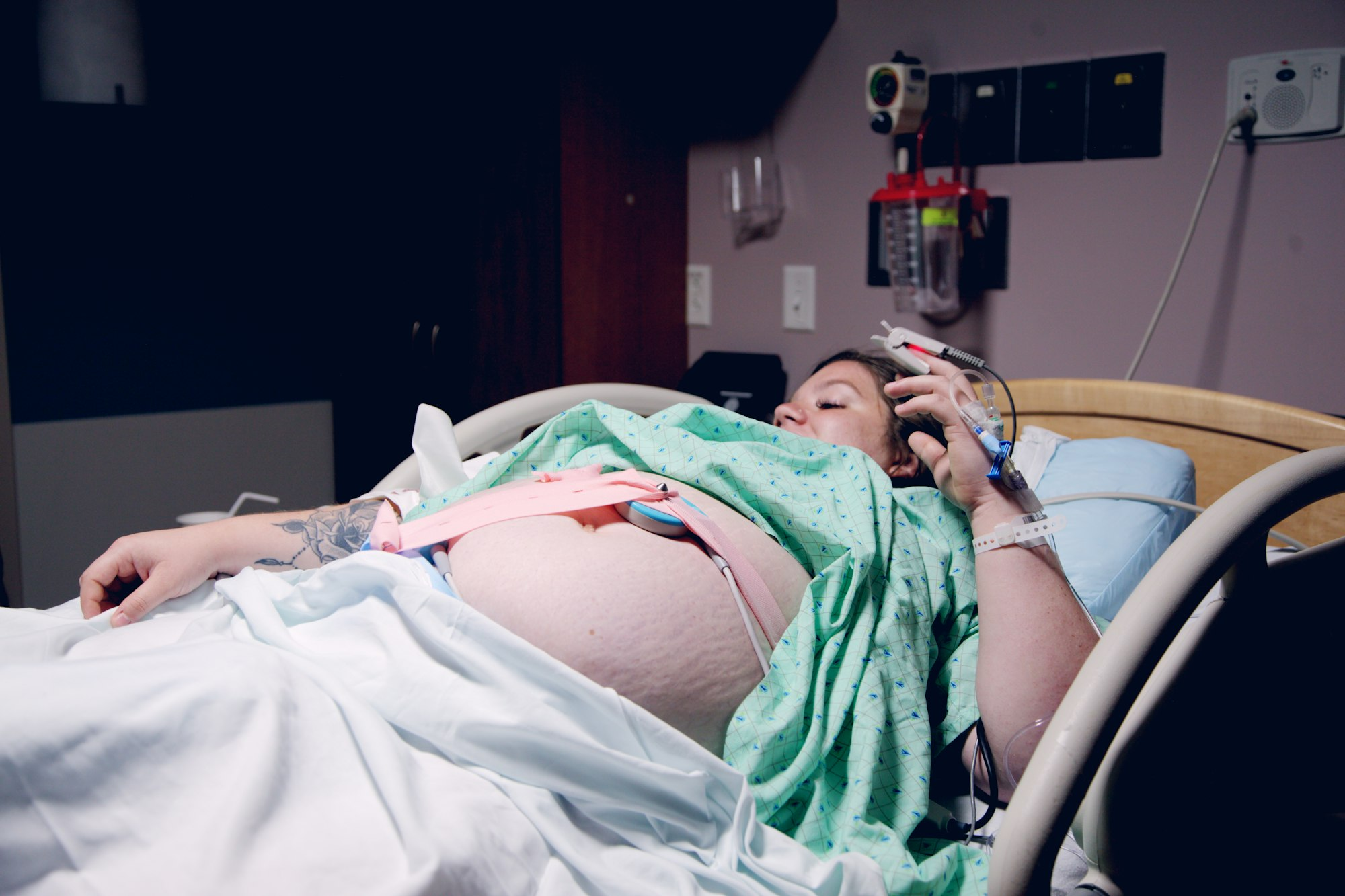-

·
Breastfeeding Headache – Usual Causes & How to Prevent Them
Breastfeeding headaches are more common than you might think. From hormone shifts to sleep deprivation and dehydration, several everyday triggers can contribute. This guide breaks down the causes, offers simple prevention strategies, and shows you when to seek medical help.
-

·
Irregular Periods While Breastfeeding – What’s Normal, What’s Not
Irregular periods while breastfeeding are completely normal. Nursing affects your hormones, which can delay or disrupt your cycle. Whether your period disappears, shows up sporadically, or comes with spotting, it’s usually just your body’s way of adjusting. Here’s what’s normal, what’s not, and how to care for yourself during the process.
-

·
Infant Food Allergy Guide for Breastfeeding Moms – Need to Know
Most food allergies don’t show up in breastfed babies—but when they do, it can be confusing. This guide helps you spot real signs, know what to eat (or not), and confidently keep nursing your baby, even if they have sensitivities.
-

·
How to Breastfeed After a C-Section – Things You Need to Know
Breastfeeding after a c-section can be challenging, but with the right strategies and support, it’s completely possible. From pain relief tips to the best positions, here’s what you need to know to start strong, stay confident, and make it work for you and your baby.
-

·
The Dehydrated Baby & Breastfeeding – Signs to Look Out For
Worried your breastfed baby isn’t getting enough to drink? Learn the signs of dehydration in newborns, why breastfed babies are more vulnerable, and what steps you can take to keep your baby well-hydrated, healthy, and safe during the early weeks of breastfeeding.
-

·
Thrush and Breastfeeding – How to Treat & Prevent It Naturally
Thrush is a common cause of nipple and breast pain during breastfeeding, often affecting both mom and baby. This guide covers symptoms, causes, and natural remedies to help you recognize and treat thrush effectively—so you can continue breastfeeding comfortably and confidently without recurring infections or unnecessary stress.
-

·
The Symptoms of Mastitis and How to Treat It Naturally
The Symptoms of Mastitis What is mastitis? A Mastitis problem is usually caused by a blocked milk duct or bacterial infection. Mastitis in women can be unilateral (in one breast) or bilateral (in both breasts). Lactational mastitis is usually seen on the upper part of the breast; this is where most of the breast tissue is. Periductal…
-

·
Epidurals and Breastfeeding
While some see it as a necessity for a more comfortable birthing experience, others worry about its potential impact on breastfeeding. This article aims to provide a well-rounded perspective to support mothers in making informed decisions. As we dive into this complex topic, remember that each mother’s journey is unique, and there is no one-size-fits-all…
-

·
Could Breastfeeding Reduce the Risk of ADHD?
Breastfeeding reduces the risk of ADHD by promoting a strong bond between mother and baby and providing important nutrients to help boost brain development. ADHD, or attention deficit hyperactivity disorder, can cause focus issues and impulsive behavior, including hyperactivity and emotional problems. While some children may show only a few of these symptoms, others may…
-

·
Breastfeeding Your Preemie – When Every Drop Counts
Caring for a premature baby brings big emotions and even bigger courage. Breast milk is more than nutrition for preemies — it’s protection, comfort, and medicine. Whether your baby is tube-fed, learning to latch, or practicing skin-to-skin, every drop you give helps their tiny body grow stronger.
Tag: Medical Issues
 This tag “medical issues while breastfeeding” is for categorizing discussions and resources related to health conditions in either the nursing parent or the infant that can impact the breastfeeding journey. It serves as a central hub for information and peer support when medical complexities arise, from common infections to chronic illnesses.
This tag “medical issues while breastfeeding” is for categorizing discussions and resources related to health conditions in either the nursing parent or the infant that can impact the breastfeeding journey. It serves as a central hub for information and peer support when medical complexities arise, from common infections to chronic illnesses.
Medical issues while breastfeeding disclaimer:
Content under this tag is for informational and support purposes only. It is not a substitute for professional medical advice. Always consult with a qualified healthcare provider (such as your doctor, a paediatrician, or an International Board Certified Lactation Consultant – IBCLC) for diagnosis and treatment.
We cover a broad range of topics where health and breastfeeding intersect.
For the Breastfeeding Parent:
Breast and Nipple Conditions: Information and support for managing painful issues like:
- Mastitis: Inflammation or infection of the breast tissue.
- Thrush (Candidiasis): A fungal infection affecting the nipples and/or the baby’s mouth.
- Plugged Ducts & Milk Blebs: Blockages in the milk ducts.
- Nipple Vasospasm (Raynaud’s Phenomenon): Blanching and pain in the nipple due to restricted blood flow.
- Abscesses: A collection of pus that can form as a complication of mastitis.
- Hormonal and Systemic Conditions: Discussions on how conditions like Polycystic Ovary Syndrome (PCOS), thyroid disorders, and Insufficient Glandular Tissue (IGT) can affect milk supply.
- Medications & Treatments: Questions and shared experiences about the safety and effects of taking medications (e.g., antidepressants, antibiotics, pain relievers) while nursing.
- Mental Health: Support for navigating challenges like Postpartum Depression (PPD), anxiety, and Dysphoric Milk Ejection Reflex (D-MER).
- Chronic Illness: Managing pre-existing conditions such as diabetes, hypertension, or autoimmune disorders during lactation.
For the Breastfed Infant:
- Anatomical Issues: Challenges related to the baby’s physical ability to breastfeed effectively, including tongue-tie, lip-tie, and high palate.
- Allergies and Intolerances: Identifying and managing symptoms of conditions like Cow’s Milk Protein Allergy (CMPA) and other food sensitivities transmitted through breast milk.
- Common Infant Conditions: Navigating breastfeeding with a baby experiencing jaundice, reflux (GERD), or slow weight gain.
- Illness: Advice and support for nursing a baby who is sick with a cold, fever, or other infections.
This tag helps individuals connect with others who have faced similar medical challenges, share practical solutions, and find resources to continue their breastfeeding journey safely and confidently.